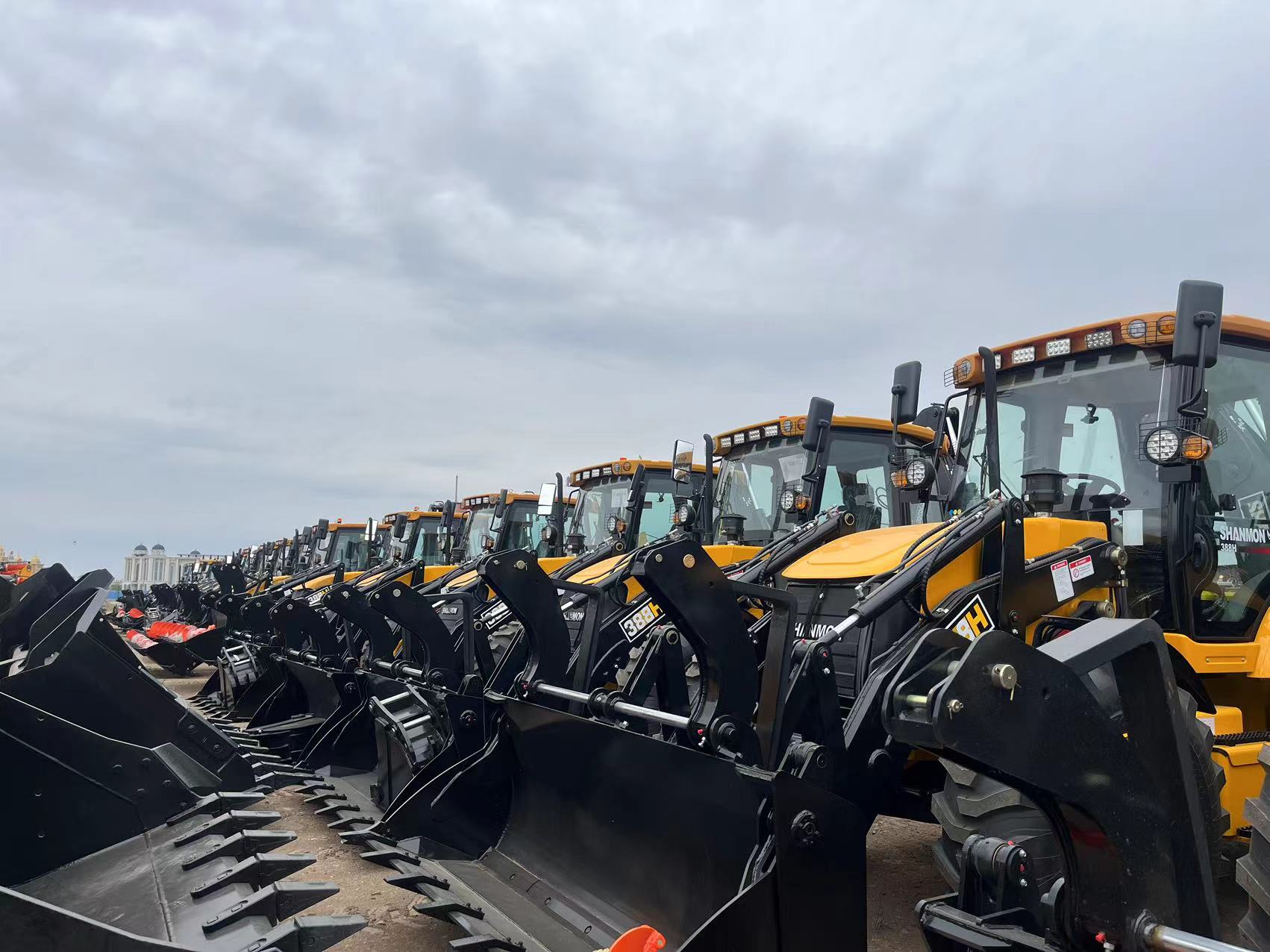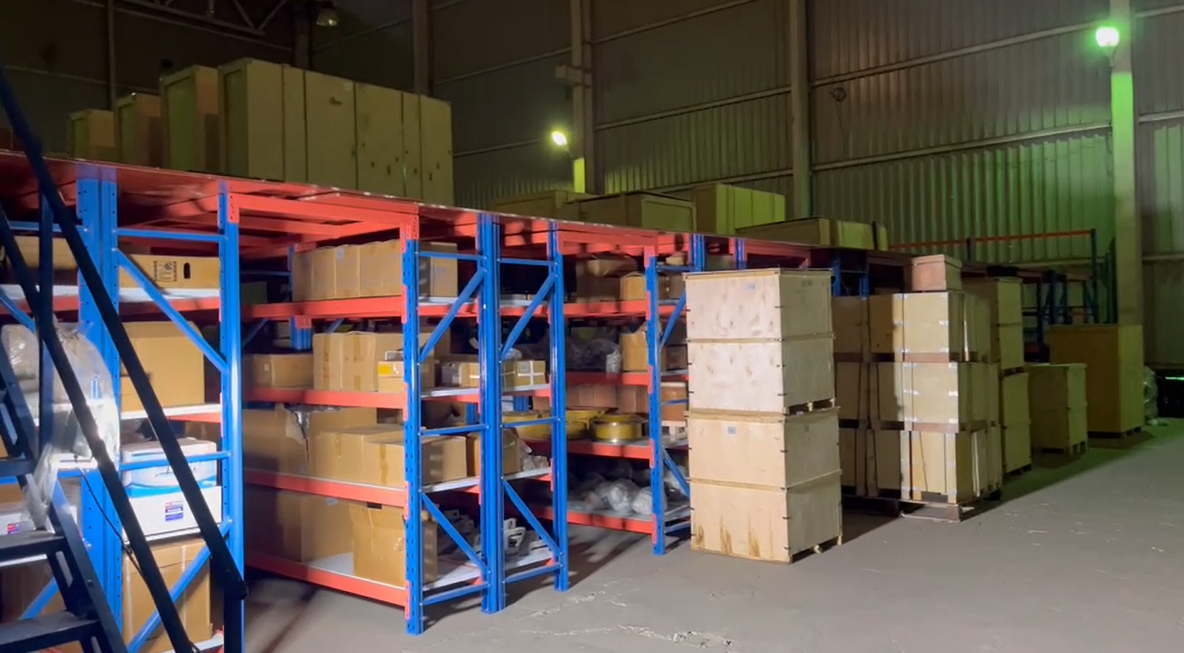Russia sends a clear signal to importers to promote local production
*On May 26, Russian President Vladimir Putin met with business representatives. Yegor Gennadyevich Teploff-Baresha, director and board member of the Russian Association of Special Equipment Importers and Manufacturers, interpreted the results of the talks and the situation facing special equipment importers.
*"The main purpose of the meeting was to send a clear and unambiguous signal to all market participants that importing foreign products will hinder the development of domestic manufacturing. In President Putin's original words, he fully agreed with the entrepreneurs' proposal to 'tighten imports' because 'otherwise we can't develop any industry'.
In this context, foreign-funded enterprises have no choice but to urgently promote local production. The most reasonable and feasible solution under the current situation is to localize with Russian enterprises, which can not only ensure technology transfer, but also have more commercial stability than foreign-funded enterprises setting up factories in Russia (which may withdraw their capital at any time for various reasons).
This concept is fully in line with the mission of the Russian Association of Special Equipment Importers and Manufacturers: to achieve local production and technology transfer through standardized import development.
I think it is necessary to establish a 'list of special equipment' and open a green channel for these products to enter the Russian market. It should be noted that at present, there is no recycling tax on such equipment, and the tariff is maintained at a low level, but the specific details need to be further negotiated with market participants.
*Based on a series of surveys conducted by the association, we have drawn several conclusions:
First, the market for special equipment has shrunk far more than the data released by the Ministry of Industry and Trade and the Russian Special Machinery Company. The decline we have monitored is over 50%. Only a reduction in the benchmark interest rate by the central bank can reverse the decline. The agricultural machinery and automobile distribution sectors are also facing a demand crisis, which shows that economic stimulus measures are imminent.
Secondly, importers face two major challenges when dealing with equipment from Eastern countries (mainly China): excessive competition caused by the proliferation of brands and the lack of technical support from manufacturers. The latest decision of the Russian President and the policy of the Ministry of Industry and Trade will clear out companies that cannot meet customer quality requirements, are unwilling to comply with after-sales service rules, and refuse to localize. More than half of importers believe that there is a broad prospect for joint localization with Russian companies.

(SHANMON 388H at the Manchuria Port)
*Brief summary as follows:
Import substitution will be promoted with an iron fist, and domestic equipment must be purchased even if the price is temporarily high.
The only way for foreign-funded enterprises to sell in Russia is localization, and the best choice is to cooperate with Russian enterprises.
The Russian special equipment market will accelerate the reshuffle, and only local enterprises and foreign-funded localized brands with high-quality services and a complete parts supply system will remain.
The number of dealers will also drop sharply. Only companies that are deeply bound to international brands, promote localization, have a strong service system and sufficient capital reserves can survive.
The market will usher in a new pattern: more sovereignty, stronger technical strength, and high-quality dealers will transform into an important carrier of technology transfer. "

(SHANMON, a corner of the spare parts warehouse in Moscow, Russia)

 Location:
Location: 2025-6-9
2025-6-9







 鲁公网安备37078102002311
鲁公网安备37078102002311